Get Your Free Quote…!

Applications: MeCl, Aniline, Epichlorhydrin, Nitric Acid, Oleum, Nitrobenzene, Ethylene Oxide
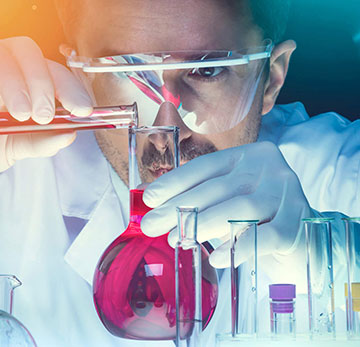

Fluoroline-T is chemically inert to all chemicals and solvents throughout the normal temperature range with the exception of molten metals, fluoroline and chlorine trifluride at high temperatures and pressures. Fluoroline- T has a general service temperature ranging from -60°C to +200°C.
Fluoroline-T lined pipe and fittings are being used to convey and are inert to the following chemicals.
Applications: MeCl, Aniline, Epichlorhydrin, Nitric Acid, Oleum, Nitrobenzene, Ethylene Oxide
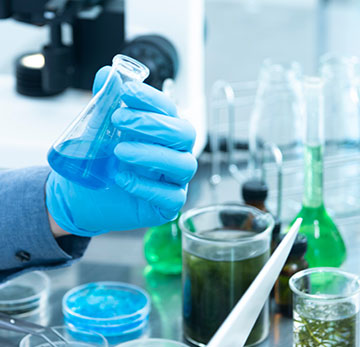

Fluoroline-T is chemically inert to all chemicals and solvents throughout the normal temperature range with the exception of molten metals, fluoroline and chlorine trifluride at high temperatures and pressures. Fluoroline- T has a general service temperature ranging from -60°C to +200°C.
Fluoroline-T lined pipe and fittings are being used to convey and are inert to the following chemicals.
Chemical resistance properties of Fluroline-F are generally the same as Fluoroline-T with the exception that the upper temperature operational limit is 150°C.
The resin is true thermoplastic - it has melt point and is thus processable with conventional thermoplastic fabrication equipment capable of operational processing temperature that are far higher than required for most other melt-processable resins.
Like Fluoroline-T, it not only requires high temperature processing equipment but also precise procedures and controls to develop its outstanding ultimate properties. Horizon with many years of experience in the field of engineered products and processes has the necessary techniques and controls.
Currently, Fluoroline-F is available in the pipe and fittings. Other types of product using this compound can be considered on request.
Applications: C102, Methyl Chloride, Chlorine, Bromine, 90-98% H2SO4, 30-45% HCl
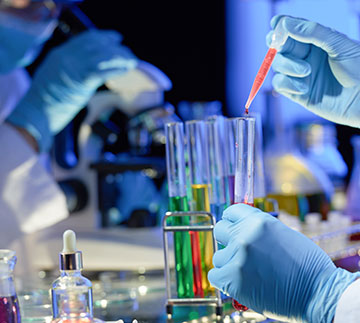
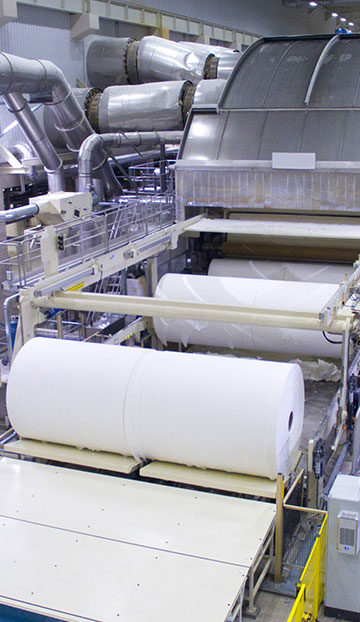
Fluoroline-K has excellent chemical resistance to most corrosive chemicals and organic compounds including acids, alkalies, strong oxidizers and halogens. It is however, attached by fuming sulphuric acid at room temperature by strong sulphuric and other sulphon agents at high temperature. Detailed resistance rating table can be used as a guide for determining applicability in most chemical processes. The operational temperature range is generally -20°C to +120°C.
Fluoroline-K similar to Fluoroline-T and Fluoroline-F - it requires precision controls and techniques to achieve the ultimate in properties performance. Through many years of operations in the USA and Britain, Horizon has gained experience in processing of what are generally classed as "difficult resins with high performance characteristics", and has acquired the necessary procedures and quality controls to assure optimum product performance and properties
Fluroline-K lined pipe and fittings provide relatively low-cost, corrosion resistance, lined piping system in a temperature range not previously possible with any other materials with the exception of Fluroline-T and Fluoroline-F lined pipe.
Applications: 30% HCl, 90% H2SO4, Sea Water/Brine, NaOH, MEK, Diethanalamine

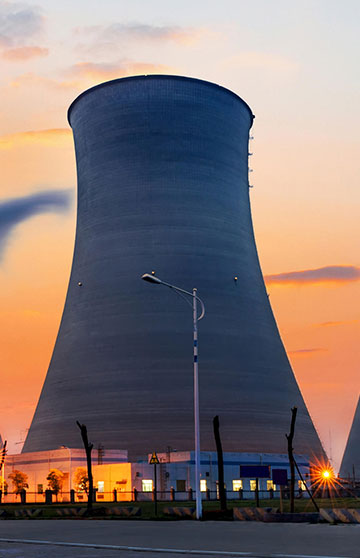
Fluoroline-P is a polypropylene lining system with excellent high temperature stability and generally excellent chemical resistance to a wide range of commercially used corrosive chemicals and organic compounds, including acids, alkalis, some oxidizers and halogens. It is classified as having excellent resistance to weak acids, good resistance to strong acids (slow attach by oxidizing acids) but is not recommended for use with chloro-sulphonic acid or fuming nitric acid even at room temperature. It has excellent resistance to both weak and strong alkalis and is generally satisfactory with organic solvents below 80°C, although it is affected by hot aromatic hydrocarbons, chlorinated hydrocarbons and benzene.
Combined with the broad range of usefulness due to its chemical inertness or resistance, Fluoroline-P has a useful temperature range of as high as 100°C. It retains excellent properties even in applications exposed to hot water or steam temperatures as high as 110°C. All of these properties require careful selection and development of compounds and processing techniques to achieve the optimum performance characteristics.